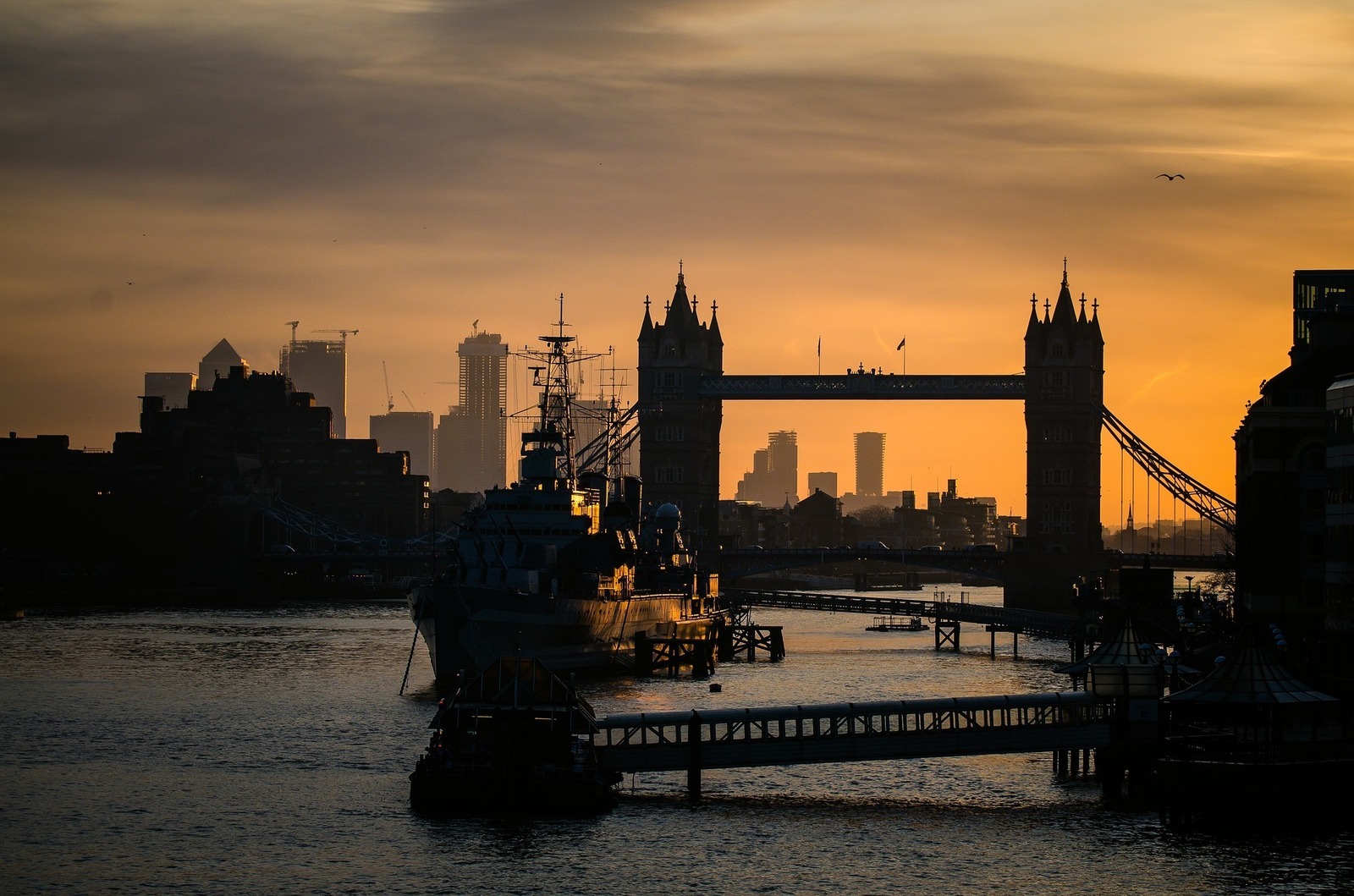03 April 2022
With freedom comes responsibility

Freedom is a poignant topic at the moment. We are seeing its fragility played out before our eyes in Ukraine. With that conflict we can also see the contradictions that go with preserving peace and democracy - notably, that to have them we must be willing to defend them.
Who will ever forget President Volodymyr Zelensky’s impassioned plea to President Biden this March:
"You are the leader of the nation, of your great nation. I wish you to be the leader of the world. Being the leader of the world means to be the leader of peace.”
He continued: "Today, it is not enough to be the leader of the nation. Being the leader of the world means to be the leader of peace. Peace in your country doesn't depend anymore only on you and your people. It depends on those next to you, on those who are strong. Strong is brave and ready to fight for the life of his citizens and citizens of the world. For human rights, for freedom, for the right to live decently and to die when your time comes, and not when it's wanted by someone else, by your neighbour.”
In his galvanising manner to which we have become so accustomed in the last two months, Zelensky reminded us of something important. Freedom comes with responsibility.
Ukraine’s price for freedom
In Ukraine the price of freedom is one that its people have paid time and again. It is a country that has been through so very much.
They experienced the First World War from 1914 to 1918, the Russian Revolution from 1917 along with the Ukrainian War of Independence. The Second World War followed not far behind, during which Ukraine’s losses were particularly devastating. It’s said between five and seven million people perished, more than 700 cities and towns, as well as 28,000 villages, were destroyed,10 million people were left homeless and just 20% of the industrial enterprises remained intact. By the end of the war they were once again under Soviet control, which remained the case until December 1991.
When I visited Donetsk a number of years ago I was shown the Kalinovka Mine. During the war, it was the scene of the mass execution of between 75,000 and 100,000 civilians, resistance members and prisoners of war, who were thrown into this convenient mass grave…many whilst still alive. Today there is a memorial to those who were lost, but you know that such an atrocity is still very much front of mind. It is little wonder the Ukrainians guard their freedom so fiercely.
How we think about freedom
Freedom however, is a funny thing. The dictionary tells us it is: “The power or right to act, or speak, or think, as one wishes.”
However, it’s never really that straightforward. Inevitably, to maintain freedom requires agreeing a contract of sorts - spoken or otherwise - to uphold it, much as Zelensky said.
Another, more poignant definition, is simply: “The state of not being imprisoned or enslaved”
Or perhaps Pericles got it right in saying: “Freedom is the sure possession of those alone who have the courage to defend it.”
Freedom of the City of London
Closer to home, for a long time we have had the rare luxury of taking our freedom rather more for granted. Nonetheless, in London, if you look at the shape of our systems of governance, the need to protect our freedom is written into everything we do, both in practice, symbolism and tradition.
For example, we talk about people being honoured with The Freedom of the City of London, believed to have first been presented in 1237. Despite most of the practical reasons for it having disappeared, in the City of London, the Freedom of the City remains a living tradition, and for good reason.
As President – Ronald Regan said: “Freedom is never more than one generation away from extinction. We didn’t pass it on to our children in the bloodstream. It must be fought for, protected, and handed on for them to do the same.”
Originally, the Freedom of the City enabled members of a Guild or Livery to carry out their trade or craft in the Square Mile. They also had certain privileges, although few ask for the right to drive sheep and cattle over London Bridge; to a silken rope, if hanged; or to carry a naked sword in public, these days.
Even so, there remains a reverence to the high honour of being admitted to the Freedom of the City of London, requiring you to keep the Queen’s Peace and report infringements to the Lord Mayor. The honour is cemented in a ceremony at Guildhall, which sees the following oath administered to willing members:
"I do solemnly swear that I will be good and true to our Sovereign Lady Queen Elizabeth the Second; that I will be obedient to the Mayor of this City; that I will maintain the Franchises and Customs thereof, and will keep this City harmless, in that which in me is; that I will also keep the Queen's Peace in my own person; that I will know no Gatherings nor Conspiracies made against the Queen's Peace, but I will warn the Mayor thereof, or hinder it to my power; and that all these points and articles I will well and truly keep, according to the Laws and Customs of this City, to my power."
25 years ago, Murray Craig, Clerk to the Chamberlain’s Court, administered that same oath to me and i became a ‘Citizen and Marketor’ and wished me ‘Joy’. This last quarter of a century has indeed been a joy, and when I reflect on those words, it is never lost on me what a privilege it is to have freedom, to be asked to honour it, and to willingly do so.